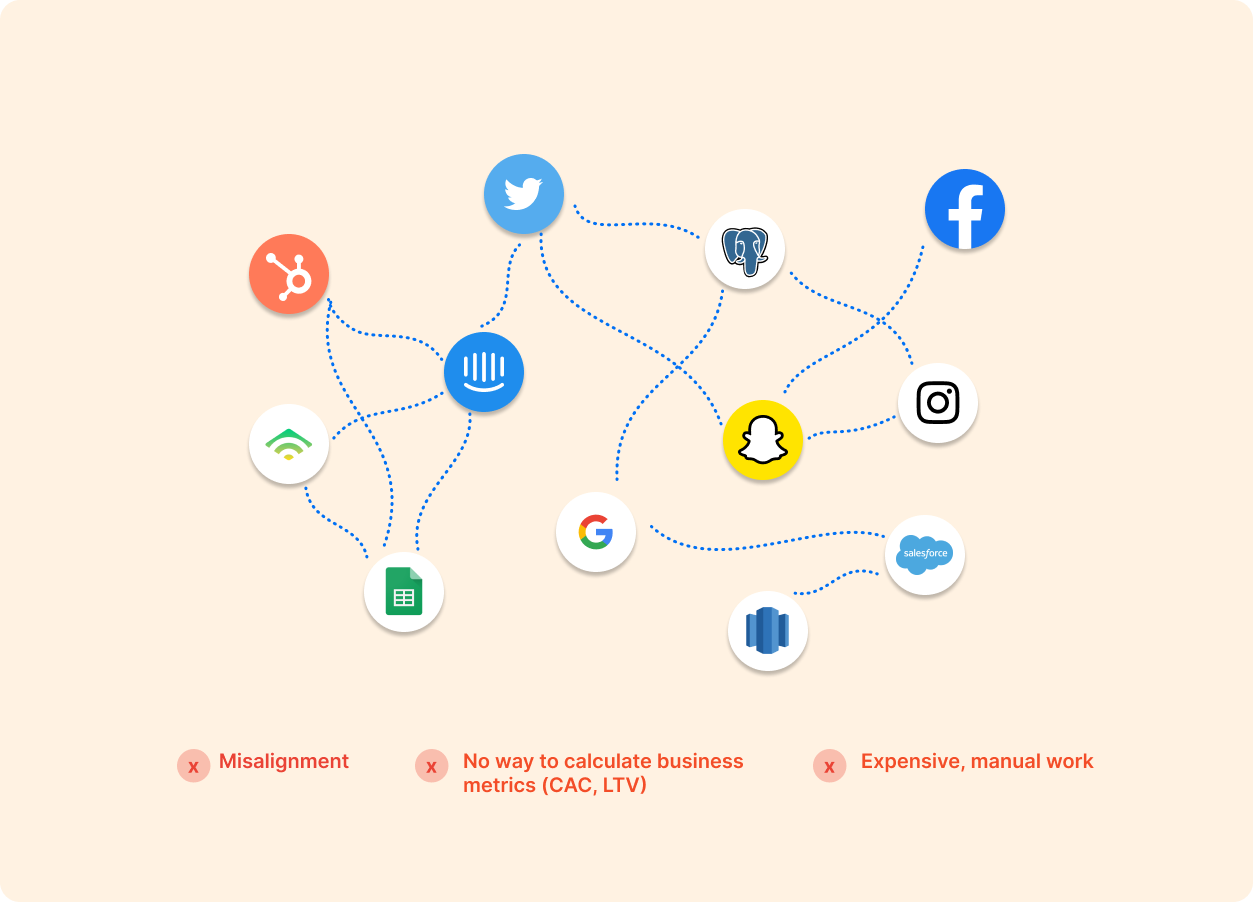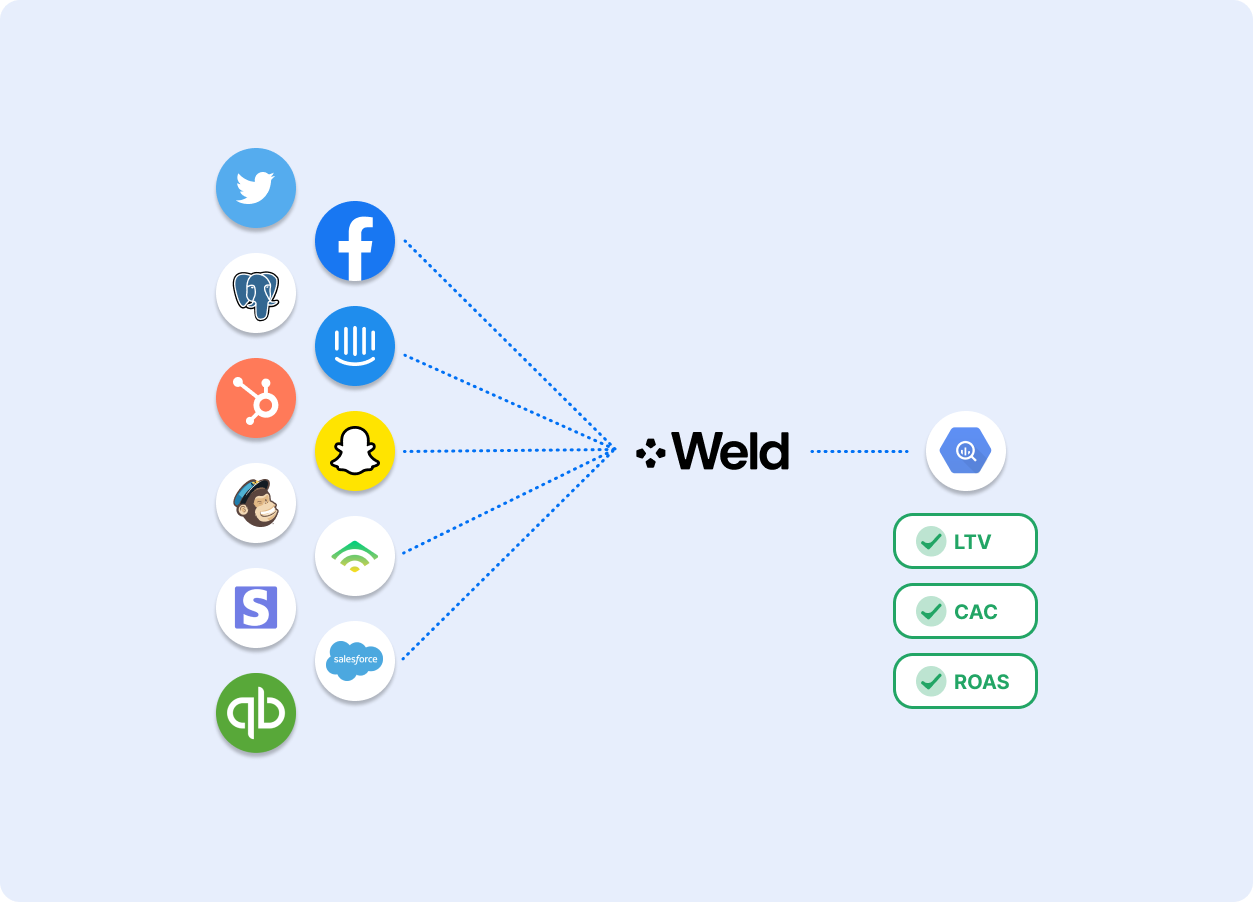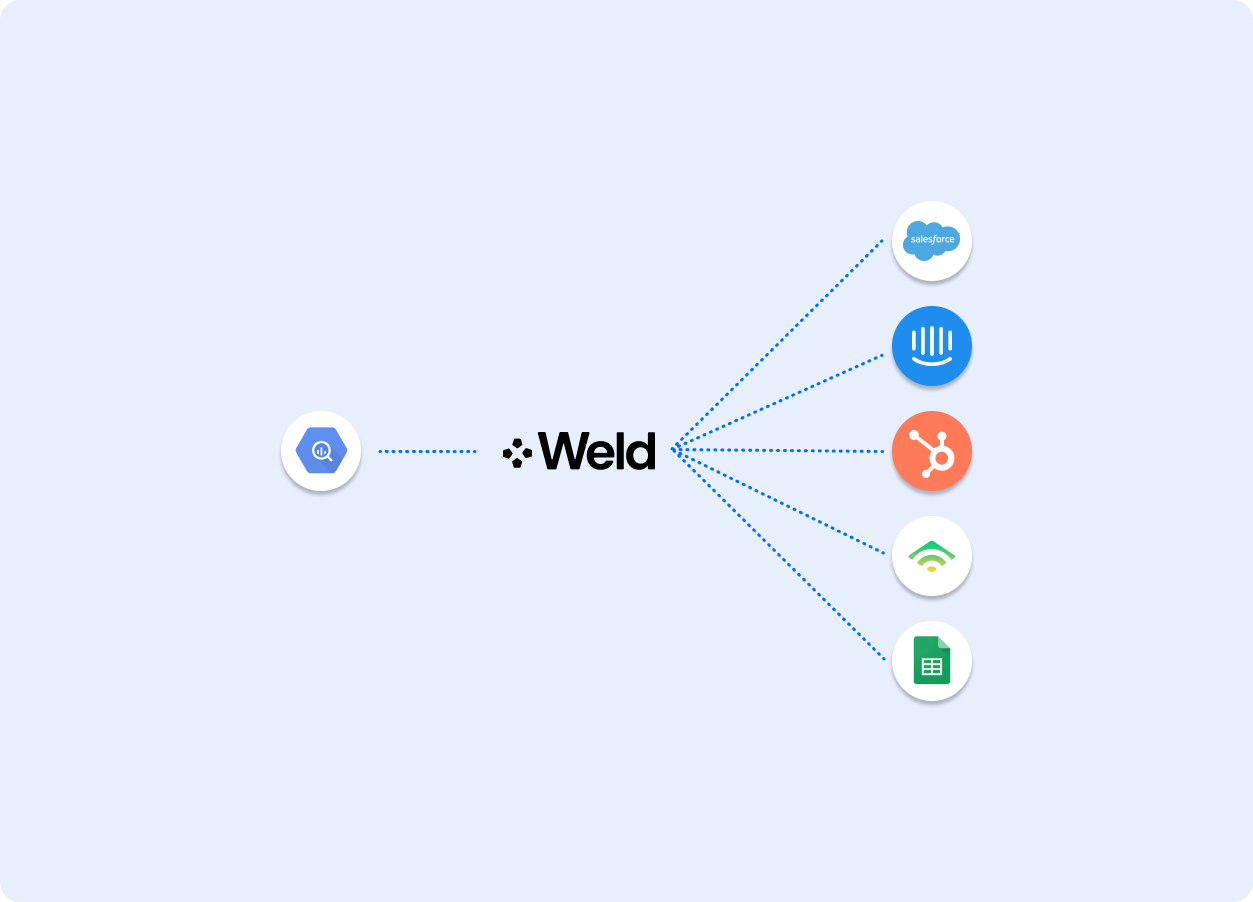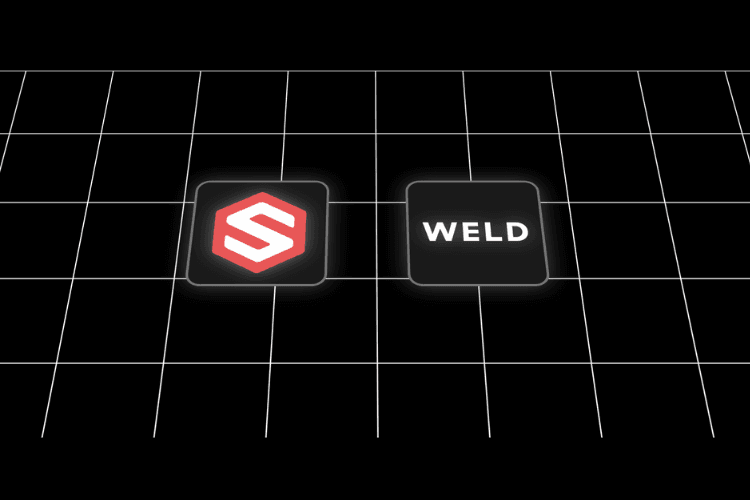Let's start with the obvious: customer data is important. For starters, gathering and analyzing it is crucial to making informed business decisions and propelling companies forward. The second (and probably most important!) use case for customer data is the operational piece – moving the data back into your organization's most-used tools to enable powerful workflows (more on that later). All of this to say, customer data is vital to any team – from sales, to product, to customer support and HR. Unsurprisingly, the most successful companies tend to be the ones that make the best use of their data – thanks in large part to cloud data warehouses.
Common Data Problems in Every Company
Way too often, companies that don't have a data warehouse suffer from internal misalignment and a lack of clarity. This can manifest in many ways. For instance, your commercial teams might need to have 3–5 tabs open to understand how a customer is doing; your SaaS tools might present conflicting information – one tool says that a customer is on a free trial while another says the customer is paying; and the marketing and sales teams might not agree on what the new business revenue was last month. There’s no clear, real-time view of CAC, LTV, MRR, and other key commercial KPIs. All these issues occur mainly because product and business apps aren't centralized and synced together, meaning there's no single source of truth in the organization. If no one at the company speaks the same language, it's difficult to pull in the same direction.

The benefit of a data warehouse is that it can become your company's "brain" — the single source of data truth for your organization.
Building a Single Source of Truth in Your Own Data Warehouse
Thanks to the rise of modern data tools (like Weld 👋), it's now easier than ever to gather all your customer data into a data warehouse. For example, you might be using Intercom as your help desk, Hubspot as your CRM, Stripe to process payments, Mailchimp to send newsletters, and QuickBooks for your accounting. With Weld, you can set up a data warehouse like Google BigQuery in a few minutes and centralize all the customer data collected in these tools alongside the data in your production system.

Once all your customer data is in your data warehouse, you can calculate your important business metrics and share them across your organization. From LTV to CAC to ROAS (across all ad channels!), every person and every team within your company will speak the same language — having unified business metrics to base their decisions on.
Making Your Data Operational
Having a single source of truth in your data warehouse makes data visualization easy, intuitive, and much less error-prone. But analysis can only inform business decisions — it cannot instruct them. This is why the second aspect is so important: a data warehouse can help make your company's customer data operational.

As you can see from the illustration above, Weld's job doesn't end at "centralizing customer data in your data warehouse." It continues on to provide value once your data is stored. With Weld, you can choose to send whichever data you want to the tools your company uses every day. Your sales team might want a complete view of their customers in Hubspot — from the last time a customer used your product, to their last invoice paid with Stripe, to their most recent support ticket in Intercom. No problem, this can all be synced into Hubspot with Weld. Or perhaps your marketing team wants the most accurate and precise audiences for their Facebook Ad campaigns. Just sync the relevant data to Facebook's conversion API, and your marketing team will soon see increasing conversion rates on their campaigns. We've also seen support teams sync all of their customer data in Zendesk and prioritize incoming support tickets based on pre-calculated churn risk or customer LTV.
The possibilities are truly endless. And with Weld adding new integrations every week, adding Weld to your data stack is a great way to boost your company's output.
So, What Are You Waiting For?
The bottom line is — a data warehouse can transform your business for the better. No more jumping around from tab to tab to find the right customer information; instead, you get unique, unified metrics that the entire organization can align on, along with peace of mind knowing that every important customer data point is accessible in seconds, all centralized in one place. The benefits are many, and the downsides are practically non-existent. On top of that, data warehouses are cheap, powerful, secure, and easy to use.
If you need help setting up a data warehouse, or want to centralize and activate your data easily, let's talk!












